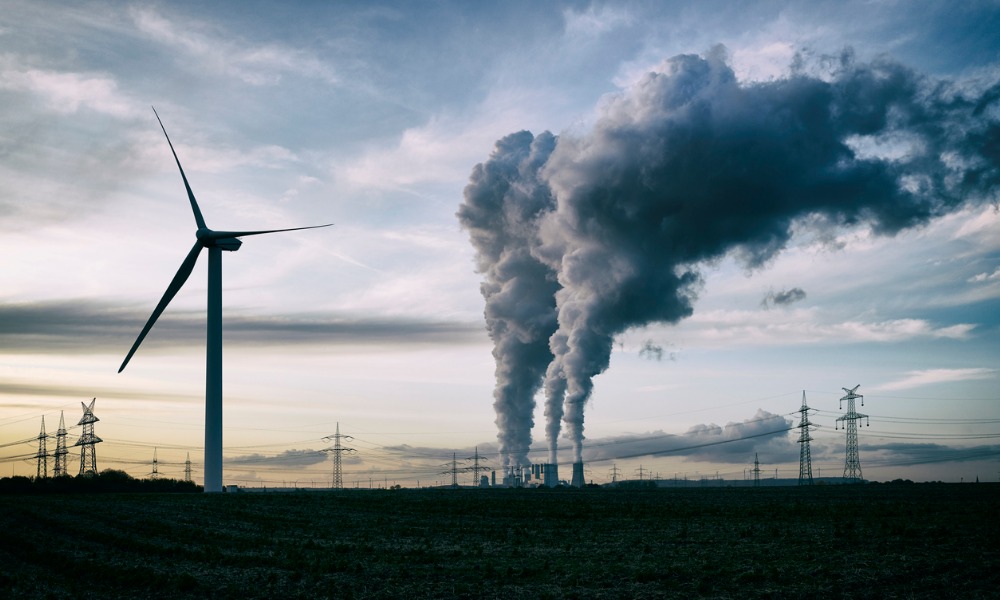Bain & Company report argues that giving up on the incumbents is a mistake

As the energy transition intensifies, many investors are betting against incumbents in the sector in belief that they cannot align with ESG demands.
But that strategy may not be a good one according to a report from Bain & Company which argues that these heritage players need to be leading the way to a greener energy sector, as they have the experience, capabilities, and scale.
“Shareholders and activists have made it clear that they want energy and natural resources companies to act now. Standing still in the sustainability movement is no longer an option,” said Joe Scalise, head of Bain & Company’s global Energy & Natural Resources practice. “If we are going to be successful in the energy transition, we need the big incumbents to lead the way.”
This doesn’t mean that energy firms can simply carry on as they have done in the past. The firm’s Global Energy and Natural Resources Report calls for energy firms to invest in innovation and make a convincing case to investors that they can operate responsibly in the world’s most vulnerable places.
Investor impact from backing incumbents
Peter Parry, Chairman of Bain & Company’s Energy and Natural Resources practice, says that investors can arguably have greater impact on the energy transition by leaning into the energy incumbents rather than divesting or sitting on the fence.
“This rapid shift in capital comes at a critical time where the energy and natural resources sectors must reinvest and retool to create low-carbon and sustainable solutions for their customers, their investors and for all of us,” he said.
Investor capital will help incumbents drive sustainable investments by the energy firms including bio feedstock production, renewable power generation, hydrogen electrolyzers, electric vehicle charging infrastructure and waste recycling.
However, firms will need credible plans and verifiable paths to progress including measures such as linking executive compensation to ESG outcomes.
Asia’s richest man announced this week that his firm is to invest heavily in green energy.
Mukesh Ambani says his firm Reliance Industries, which derives around 60% of its revenues from oil refining and petrochemicals, will invest 750 rupees (around US$10 billion) in factories making solar modules, hydrogen, fuel cells and to build a battery grid to store electricity.
“The world is entering a new energy era, which is going to be highly disruptive,” Ambani told a shareholders’ meeting Thursday. “The age of fossil fuels, which powered economic growth globally for nearly three centuries, cannot continue much longer. The huge quantities of carbon it has emitted into the environment have endangered life on Earth.”
Most promising investment
The report highlights several areas of interest for investment in a greener future, it suggests that low-carbon hydrogen is the most promising innovation currently.
Bain’s research estimates that the current market for hydrogen could more than double by 2050—from about 115 million metric tons to 300 million metric tons—with the low-carbon component growing from virtually non-existent to taking over most of the market’s supply.



